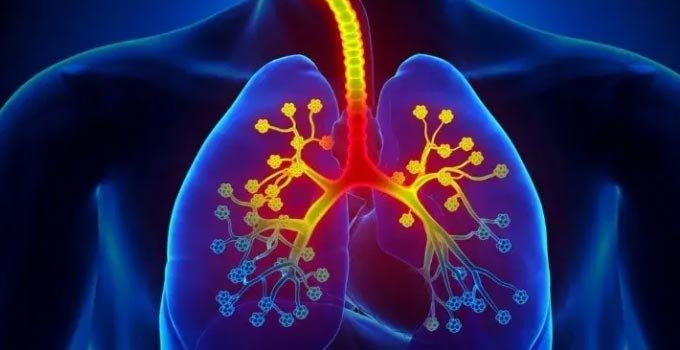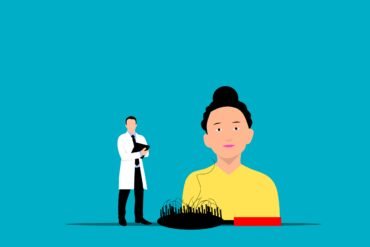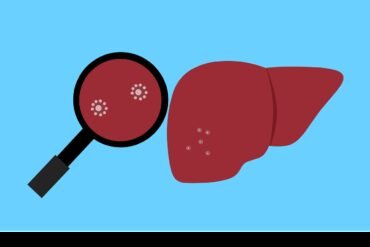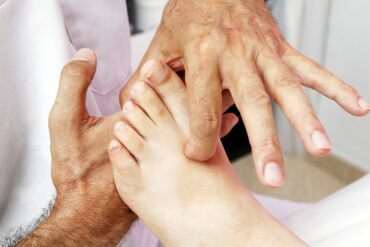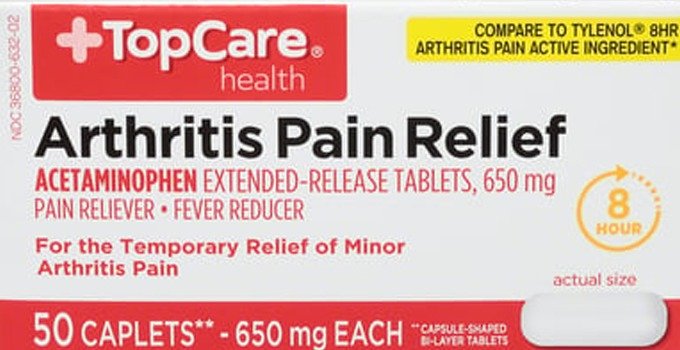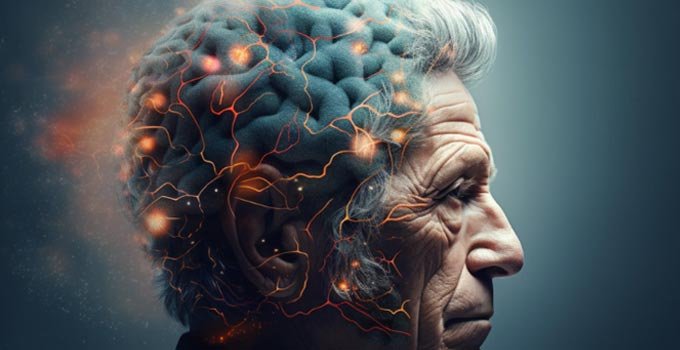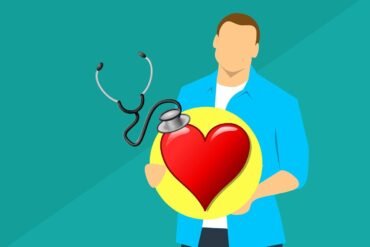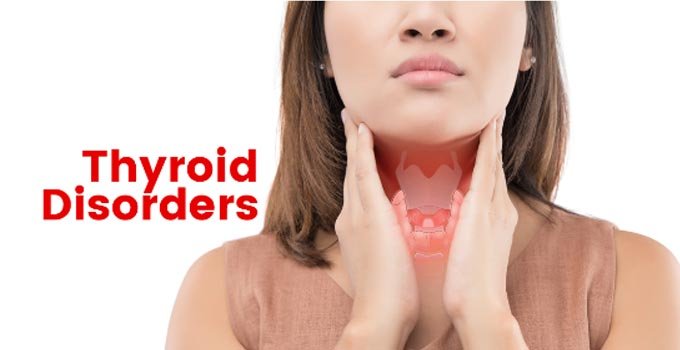Coping with Anxiety: Therapies and Techniques for Relief
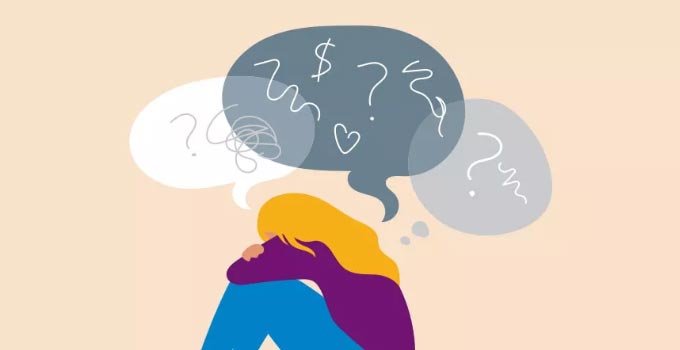
Table of Contents
Overview of Anxiety Disorders
Anxiety disorders are a group of mental health conditions characterized by excessive and persistent feelings of fear, worry, and unease. They are among the most common mental health disorders, affecting millions of people worldwide. Anxiety disorders can significantly impact a person’s daily life, relationships, and overall well-being.
There are several types of anxiety disorders, each with its own specific symptoms and triggers:
- Generalized Anxiety Disorder (GAD): GAD involves excessive worry and fear about various aspects of life, such as work, health, or relationships. It often manifests as chronic anxiety and physical symptoms like restlessness, irritability, and difficulty concentrating.
- Panic Disorder: Panic disorder is characterized by recurrent panic attacks, which are intense bouts of fear accompanied by physical symptoms like a rapid heart rate, shortness of breath, and dizziness. Panic attacks usually occur unexpectedly and can lead to a fear of future attacks.
- Social Anxiety Disorder: Social anxiety disorder is characterized by an intense fear of social situations and a constant worry about being judged or humiliated. People with this disorder may avoid social interactions altogether, leading to social isolation.
- Specific Phobias: Specific phobias involve an irrational and overwhelming fear of specific objects or situations, such as heights, spiders, or flying. Avoidance behaviors are common among individuals with specific phobias.
It is important to note that anxiety disorders are treatable, and various therapies and techniques can provide relief:
- Cognitive-Behavioral Therapy (CBT): CBT is a widely used therapy for anxiety disorders. It helps individuals identify and challenge negative thought patterns and behaviors that contribute to their anxiety. Through CBT, people can develop healthier coping mechanisms and strategies.
- Medication: In some cases, medication may be prescribed to help manage anxiety symptoms. Antidepressants, anti-anxiety drugs, and beta-blockers are commonly used medications to alleviate anxiety.
- Relaxation Techniques: Relaxation techniques like deep breathing exercises, progressive muscle relaxation, and meditation can help reduce anxiety and promote a sense of calmness.
- Lifestyle Changes: Adopting a healthy lifestyle can also play a significant role in managing anxiety. Regular exercise, a balanced diet, sufficient sleep, and avoiding excessive caffeine and alcohol consumption can help reduce anxiety symptoms.
It is essential to consult with a mental health professional to determine the most suitable treatment approach for an individual’s specific anxiety disorder. With proper treatment and support, individuals can learn to cope with anxiety and improve their overall quality of life.
Cognitive Behavioral Therapy Techniques
Cognitive Behavioral Therapy (CBT) is a widely recognized and effective approach for managing anxiety. It focuses on identifying and changing negative thought patterns and behaviors that contribute to anxiety. Here are some CBT techniques that can help you cope with anxiety:
- Identify and challenge negative thoughts: Pay attention to your thoughts and identify any negative or irrational beliefs that may be fueling your anxiety. Challenge these thoughts by asking yourself if there is evidence to support them or if there might be an alternative, more realistic perspective.
- Practice relaxation techniques: Deep breathing exercises, progressive muscle relaxation, and guided imagery are CBT techniques that can help you relax your body and calm your mind. Regular practice of these techniques can reduce anxiety symptoms.
- Engage in exposure therapy: Gradually expose yourself to situations or triggers that cause anxiety, starting with the least distressing and working your way up. By facing your fears in a controlled manner, you can learn that anxiety decreases over time.
- Challenge avoidance behaviors: Avoiding anxiety-provoking situations may provide temporary relief, but it reinforces the belief that the situation is dangerous. CBT helps you gradually confront and overcome these avoidance behaviors, reducing anxiety in the long run.
- Develop coping strategies: Identify healthy coping mechanisms that work for you, such as exercise, journaling, or talking to a trusted friend or therapist. These strategies can help you manage anxiety symptoms and prevent them from escalating.
- Practice self-care: Prioritize self-care activities that promote relaxation and overall well-being. This can include getting enough sleep, eating nutritious meals, engaging in hobbies, and taking breaks to recharge.
It is important to note that CBT techniques require practice and consistency. Working with a trained therapist can provide guidance and support throughout the process. Remember that everyone’s experience with anxiety is unique, so it may take time to find the techniques that work best for you. Be patient and kind to yourself as you explore these strategies.
Mindfulness and Meditation Practices
Mindfulness and meditation practices are powerful tools that can help individuals cope with anxiety and find relief. By cultivating a sense of awareness and presence, these techniques allow individuals to observe their thoughts and emotions without judgment, ultimately reducing anxiety and promoting overall well-being.
- Deep Breathing: Deep breathing exercises, such as diaphragmatic breathing or belly breathing, can instantly calm the mind and body. By focusing on the breath and taking slow, deep breaths, individuals can activate the body’s relaxation response, reducing anxiety and promoting a sense of calm.
- Body Scan: A body scan meditation involves systematically focusing attention on different parts of the body, observing any sensations or tensions that arise. This practice helps individuals become more aware of their physical sensations and promotes relaxation by releasing any tension or stress held in the body.
- Guided Imagery: Guided imagery involves using visualization techniques to create mental images that promote relaxation and reduce anxiety. By imagining peaceful and calming scenes, individuals can shift their focus away from anxious thoughts and create a sense of peace and tranquility.
- Metta Meditation: Metta, or loving-kindness, meditation involves directing well-wishes and positive intentions towards oneself and others. This practice cultivates feelings of compassion, empathy, and love, which can counteract negative emotions associated with anxiety.
- Walking Meditation: Walking meditation combines the benefits of physical exercise and mindfulness. By focusing on the sensation of walking, individuals can bring their attention to the present moment and find relief from anxious thoughts. Walking in nature can enhance the calming effects of this practice.
It is important to note that mindfulness and meditation practices require regular and consistent practice to fully experience their benefits. Incorporating these techniques into a daily routine can help individuals manage anxiety and improve their overall mental well-being. Remember, it is essential to consult with a healthcare professional or therapist for personalized guidance and support when dealing with anxiety.
Alternative Therapies for Anxiety Relief
While traditional therapies such as cognitive-behavioral therapy and medication can be effective in managing anxiety, there are also alternative therapies that can provide relief. These therapies focus on holistic approaches and can be used alongside conventional treatments to enhance overall well-being and reduce anxiety symptoms. Here are some alternative therapies worth considering:
- 1. Yoga: Practicing yoga can help reduce anxiety by combining physical movements, breath control, and mindfulness. It promotes relaxation, improves flexibility, and increases self-awareness.
- 2. Meditation: Regular meditation practice can calm the mind, reduce stress, and alleviate anxiety symptoms. Mindfulness meditation, in particular, teaches individuals to focus on the present moment and let go of worries and negative thoughts.
- 3. Acupuncture: This traditional Chinese therapy involves inserting thin needles into specific points on the body to restore balance and promote healing. Acupuncture can help reduce anxiety by stimulating the release of endorphins and improving energy flow.
- 4. Aromatherapy: Essential oils, such as lavender, chamomile, and bergamot, can be used in aromatherapy to promote relaxation and relieve anxiety. These oils can be inhaled, added to bathwater, or used in massage oils.
- 5. Herbal supplements: Certain herbs, such as chamomile, valerian root, and passionflower, have calming properties and can be taken as supplements or teas to reduce anxiety symptoms. However, it’s important to consult with a healthcare professional before trying any herbal remedies.
- 6. Art therapy: Engaging in creative activities, such as painting, drawing, or coloring, can help reduce anxiety by promoting self-expression and relaxation. Art therapy provides a non-verbal outlet for emotions and can be a valuable tool for managing anxiety.
It’s important to note that alternative therapies may not work for everyone, and individual results may vary. It’s recommended to consult with a healthcare professional before trying any new treatment or therapy, especially if you have a pre-existing medical condition or are taking medication.
Combining alternative therapies with traditional treatments can provide a comprehensive approach to managing anxiety and promoting overall well-being. Experiment with different therapies and techniques to find what works best for you. Remember, self-care and self-compassion are essential in the journey to anxiety relief.
Self-Care Strategies for Managing Anxiety
Anxiety can be overwhelming, but there are several self-care strategies that can help you manage and reduce its impact on your daily life. These techniques can be used in conjunction with therapies or as standalone practices to bring relief and promote overall well-being.
- Practice deep breathing: Deep breathing exercises can help calm the nervous system and reduce anxiety. Take slow, deep breaths, inhaling through your nose and exhaling through your mouth. Focus on the sensation of your breath entering and leaving your body, allowing yourself to become more present and grounded.
- Engage in regular physical activity: Exercise is known to release endorphins, the body’s natural mood-boosting chemicals. Engaging in regular physical activity, such as walking, jogging, or yoga, can help reduce anxiety and improve overall mental well-being.
- Practice mindfulness: Mindfulness involves paying attention to the present moment without judgment. By focusing on the here and now, you can reduce anxiety and increase your ability to cope with stress. Activities such as meditation, progressive muscle relaxation, or simply being fully present in your daily activities can cultivate mindfulness.
- Get enough sleep: Lack of sleep can exacerbate anxiety symptoms. Establish a regular sleep schedule and create a relaxing bedtime routine to promote restful sleep. Avoid caffeine and electronic devices before bed, and create a comfortable sleep environment to ensure quality rest.
- Eat a balanced diet: Proper nutrition plays a crucial role in managing anxiety. Avoid excessive consumption of caffeine, alcohol, and processed foods, as they can increase feelings of anxiety. Instead, opt for a balanced diet rich in fruits, vegetables, whole grains, and lean proteins to support overall mental health.
- Connect with others: Social support is essential in managing anxiety. Reach out to trusted friends, family, or support groups to share your feelings and experiences. Engaging in meaningful connections can provide comfort and a sense of belonging, reducing anxiety symptoms.
Remember, self-care is an ongoing process that requires commitment and consistency. Incorporating these strategies into your daily routine can help you better manage anxiety and improve your overall well-being. However, if your anxiety persists or intensifies, it is important to seek professional help from a therapist or healthcare provider.















